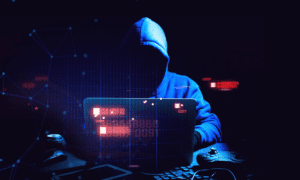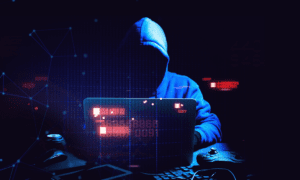How seriously are Americans and Canadians about their cyber exposures? – Chubb report

For the first time since it has been doing its annual cyber study, Chubb has found that more people in the US and Canada are taking steps to protect their personal information and data from cyberattacks – though there are still some areas where better cybersecurity practices are still needed.
The Chubb Fifth Annual Study on Persona Cyber Risk reveals the results of a poll conducted by Dynata, which surveyed some 1,605 adults in both the US and Canada. Key findings of the report include:
51% of US and Canadian individuals in 2022 reported using multi-factor authentication (MFA) to log into online accounts – twice the level found in 2021. Nearly 80% also said they prefer to use MFA.
Adoption of practices such as regularly clearing browser histories and using password protection apps, pop-up blockers and malware protection were also up considerably from 2021.
When it comes to passwords…
61% said they have trouble keeping track of their passwords.
63% said they are annoyed whenever they are forced to update their passwords.
Three out of four people report updating their passwords for their primary bank account in the last 12 months, while 70% have voluntarily updated a password without being told by their provider.
But about half of respondents are still including the name of their pet or another identifiable name or date in the new password.
Nearly 85% of high-net worth Americans and Canadians use identifiable terms or dates in the passwords – more than three times the rate of middle-income respondents (27%).
Nearly 30% of high-net worth respondents reported falling victim to a cyberattack that involved their money, which is twice the average for all income groups and seven times more than the percentage of middle-income respondents.
Mass affluent and high-net worth consumers were twice as likely as the members of the middle class to have fraudulent charges made on their credit cards.
In terms of cyberattack concerns…
87% are concerned that there will be a significant cyberattack on the power grid in the US.
85% are worried about the threat of a cyberattack waged by a hostile foreign country.
84% are anxious about the threat of a cyberattack on a nuclear power plant, chemical factory or water supply.
79% believe their virtual assistants and streaming devices can listen to their conversations; 67% believe they have received an advertisement based on a conversation they have had that was captured by a virtual assistant or streaming device – wealthy people are most likely to believe this.
39% of respondents have cyber insurance; wealthy individuals are much more likely to have this coverage.
But 19% are not at all familiar with the protections afforded by cyber insurance.
“Our fifth annual report on personal cyber risk has a compelling narrative: Awareness of and concern over cyber threats is high and growing,” said Chubb North America personal risk services division president Ana Robic. “At the same time, people are annoyed and frustrated by taking actions to protect themselves online. Thankfully, the gap between awareness and action has started to narrow.”
Robic added that while the progress on cyber risk awareness is encouraging, risky behaviors are still prevalent.
“Individuals and families should remain vigilant in defending themselves against cyber perils and know that there are risk management solutions to help ensure protection in the event of a personal cyber incident.”





